Camping in a confined campground or even a park is an excellent way to make the most of your RV. Some RV parks may offer affordable spaces and limited hookups for dry camping. Besides, dry campers have the chance to set up camp for free on public areas as well as private property but with the owner’s consent. Through dry camping, you may discover that you can live well without many of the items you previously considered indispensable.
What Is Dry Camping?
If you’re new to RVing, you might be wondering what dry camping is. Unlike regular tent camping, dry camping entails sleeping in an RV, van, or motorhome with no electricity or water. Dry camping is a form of camping for those who wish to get closer to nature and get away from the daily grind. If you’re interested in dry camping, then you’re sure to come across the term boondocking. Boondocking refers to the location where you choose to dry camp rather than the act itself.
For a beginner, dry camping can be overwhelming and hard to adapt to. You may not have access to water or electricity when dry camping, but that doesn’t mean you can’t enjoy a pleasant and comfortable stay throughout your trip. Thus if you’re eager to try out dry camping, hopefully, this quick guide will help to enhance your overall dry camping experience even more.
Dry Camping Tips For The Beginners
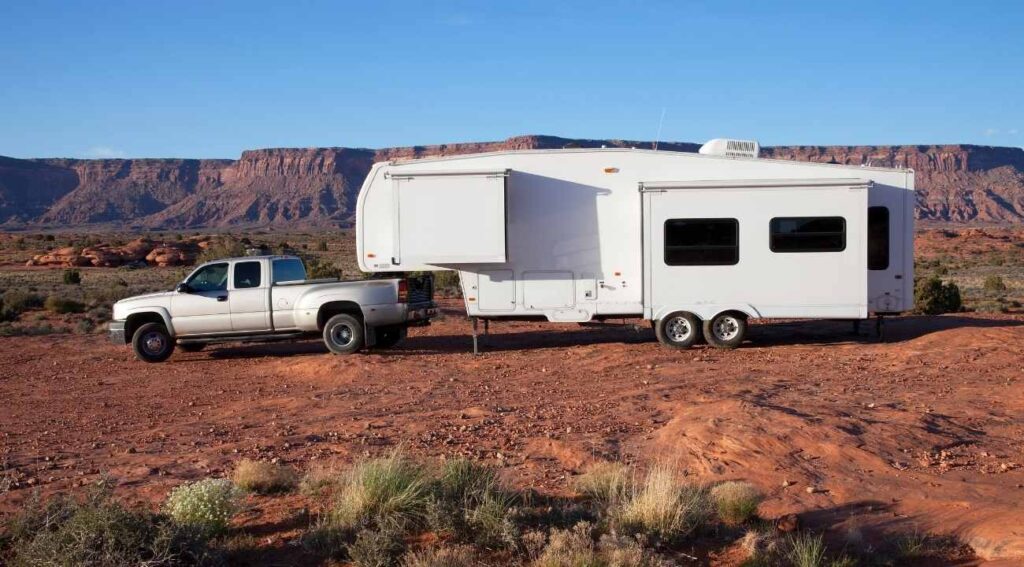
1. Get Your Preferred RV
Making sure you have an RV in good operating condition is the first step toward your dry camping journey. Since you have to depend on your RV for both shelter and transportation, you need to have confidence in your RV. When it comes to dry camping, it’s essential to know both the benefits and restrictions of your specific RV.
This way, you won’t get any unpleasant surprises while you’re on the road. Moreover, you need to consider the size of your RV before getting yourself one. For instance, if you get a smaller RV, you get the advantage of parking it almost anywhere, but you do end up with less space and capacity for all your resources and supplies like black water, gray water, and batteries.
On the other hand, if you choose to dry camp with a larger RV, you may be able to carry all your resources with ease, but the number of areas where you may dry camp gets severely restricted. Hence you need to pick an RV as per your preference and comfort.
2. Picking Up A Location
Many free dry camping spots, often known as “dispersed camping,” can be found on public property controlled by the Bureau of Land Management (BLM) and the United States Forest Service. In addition, there are so many apps and websites that will help get you a perfect spot for dry camping. You can also check out the very famous Harvest Host. Harvest Host is a membership site that links RVers with private properties that offer dry camping opportunities.
Do check out the ratings of camping places, and remember that if you’re going to dry camp at a private property, you should always ask for permission first. Getting to more rural locations can be difficult at times, and you may need to drive through on tough terrains. Prominent national park campgrounds may take months of preparation and reservations, but there are often free sites nearby.
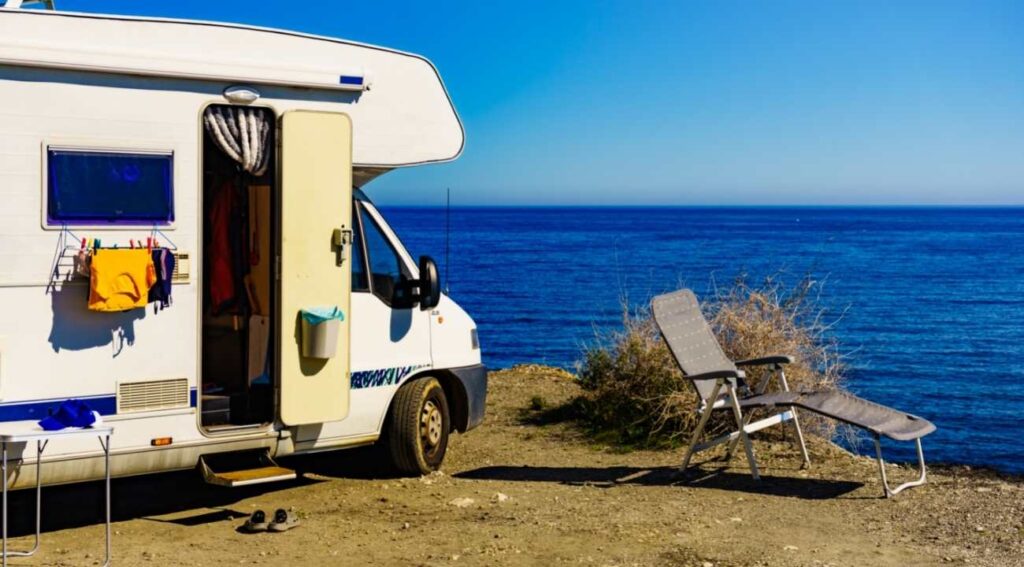
3. Water Conservation
Since you won’t get water hookups while dry camping, you need to bring an adequate amount of fresh water. It’s necessary to fill up your tanks ahead of time and pack as much water as you can. You can carry extra tanks, water bottles, and coolers. Make sure your RV’s grey and black water tanks are both empty as you’ll need this space for however long you want to dry camp.
Try to keep track of how much water you’re consuming while dry camping. You will be able to stay out for longer if you are conservative about using your freshwater. You can save water by taking short showers. Carrying extra water in jerry cans is a great idea because you can carry at least 5 gallons of water in them. This way you don’t need to refill your fresh-water tank, and as a result, less water will end up in the grey water tank as well.
4. Power
Try to bring a backup generator or an alternate power system in case you run out of energy and can’t find a nearby hook-up. House batteries can power 12-volt lights and other accessories, while an inverter can power up to 110-volt appliances like microwaves and televisions. But make sure your generator is not extremely noisy or bulky.
Replace normal or incandescent bulbs with LED lights to save electricity. LED lights last longer and consume less energy. Always remember to turn off lights in the RV when not in use and to open windows for fresh air rather than running the air conditioner. These days solar panels are pretty popular among dry campers. Carrying a pretty basic and inexpensive portable solar panel is a great way to save energy while dry camping.
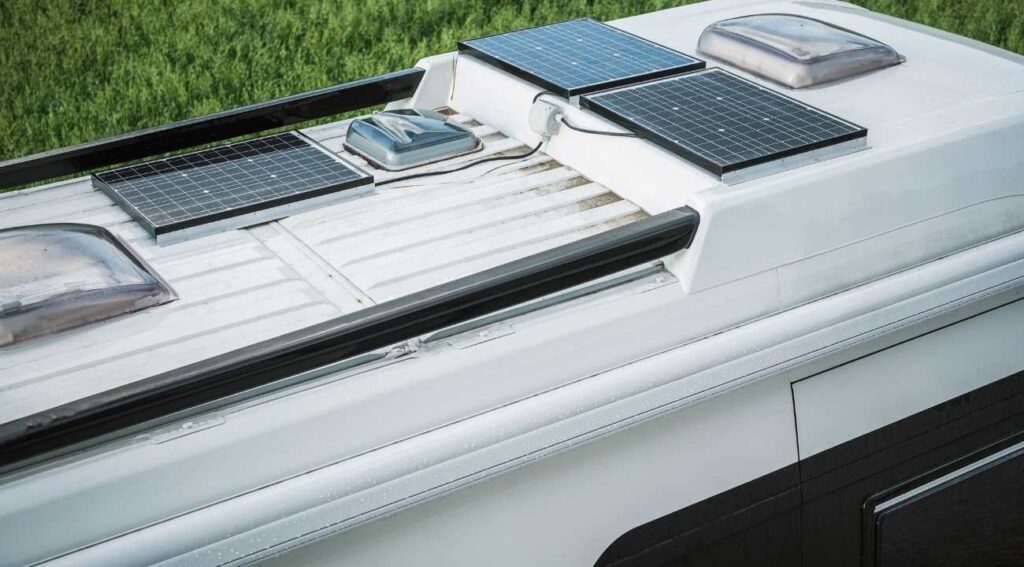
5. Fuel And Propane
The majority of an RV’s appliances are run by propane, including those you’ll need for cooking and keeping your food warm. This liquid propane gas system is ideal for dry camping since it can power your fridge, heat your water, and run your cooktop.
Choose food items that have a longer shelf life, don’t require cooking, or can be cooked over a fire to conserve the level of propane and fuel. For example, bring some frozen or pre-made food that can be thrown on the grill or over an open flame. Depending on your usage, propane lasts for a long time; it might last weeks or even months if you have two tanks on board.
It should go without saying that you should always clean and properly dispose of all of your trash and waste, so the place stays ready for other campers to use as well. Dry camping is an excellent option for RVers who are searching for a new adventure.
Dry camping has gained such popularity because it gives campers a pleasant, safe, and comfortable experience and allows them to venture beyond their campground without having to constantly look at their phones for new notifications.

William Arrovo seeks thrills and laughter in everything he comes across. He is a fun loving person with a zest of exploring the breathtaking places around the globe. He feels content in sharing his experiences of travelling to various countries. He is grateful about enriching himself with a myriad of cultures and rejuvenating his soul while staying outdoors.

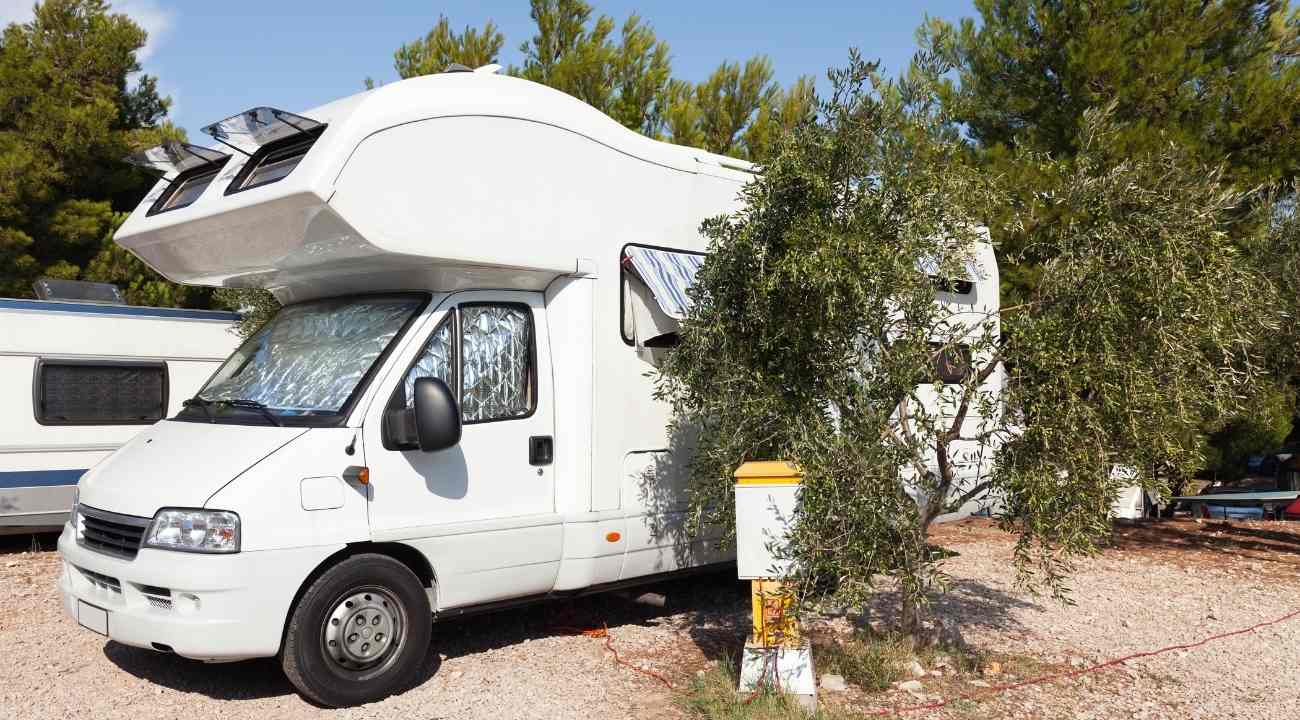
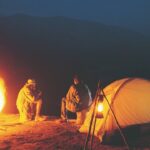
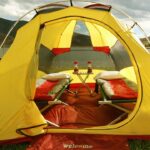
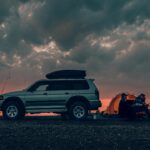
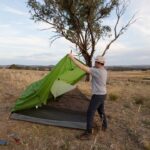
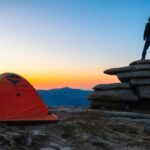


Leave a Comment